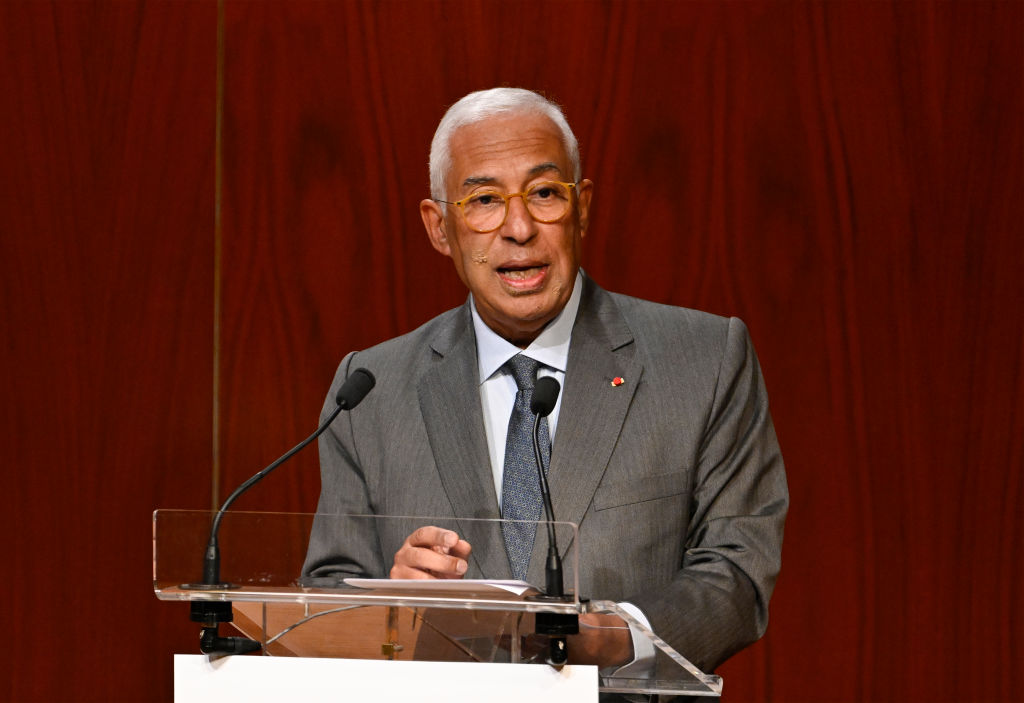MADRID – The European Union is well-equipped to handle today’s crises, but must “make an effort in defence” if it wants to achieve strategic autonomy, European Council President António Costa told the Spanish press on Wednesday.
In an interview with El País ahead of the informal European Council in Copenhagen, Costa highlighted two priorities: implementing the Letta and Draghi reports on Europe’s competitiveness, and strengthening defence and security.
“There are 27 countries – 27 perspectives. It is normal to arrive with different points of view; the important thing is to leave with a clear path forward,” the former Portuguese prime minister said.
Trade and transatlantic ties
Costa defended the controversial EU-US trade deal struck with President Donald Trump earlier this year, which capped tariffs on European goods at 15%. Asked whether Brussels should have taken a tougher stance, he dismissed the criticism.
“The bottom line is the result. And no one has achieved a better result,” he argued.
Middle East and Gaza
The Council chief also welcomed the US-backed peace plan for Gaza announced Monday, stressing that “the key now is for all parties to give peace a chance.”
He underlined that “there is no place for Hamas in the future government of Gaza” and reiterated the EU’s support for the Palestinian Authority and its president, Mahmoud Abbas, towards a two-state solution.
Costa also praised Germany’s decision to move towards an arms embargo on Israel, describing it as proof of the “unbearable” policies of Prime Minister Benjamin Netanyahu. “Germany has been unable to remain impassive,” he said.
Social democracy still relevant
Despite Europe’s rightward drift, Costa insisted social democracy “remains relevant,” citing Spanish Prime Minister Pedro Sánchez as an example of resilience.
Nevertheless, over the past few months, Sánchez’s government has been linked to a series of high-profile corruption probes involving former cabinet members, his inner circle – including his wife and brother – and potentially himself, threatening the stability of Spain’s Socialist-led coalition.
When pressed on his relatively low public profile since taking office, Costa concluded: “Politics is about solving problems, not about whether António Costa’s voice is heard or not.”
(cs)
